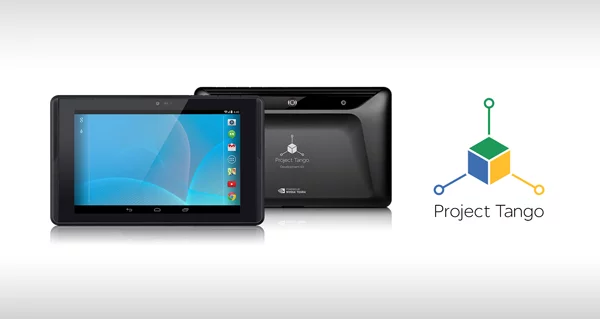Google announced today it is shutting down its high-end smartphone augmented reality platform, Project Tango. The company had already confirmed this while announcing their newest mass market AR Core product in August though they hadn’t mentioned a timeframe then.

“We’re turning down support for Tango on March 1, 2018,” the Google Tango team tweeted. The same tweet also announced that the Google is set to continue its augmented reality journey with ARCore, which is the company’s latest foray into AR development.
Tango was Google’s first augmented reality push but failed to take off properly, because using its 3D mapping technology required high-tech hardware.
Tango devices packed extra sensors such as - an IR projector, a time-of-flight camera, and a fisheye motion camera - into the back of a smartphone. A couple of devices were released as recently as last year notably the Asus Zenfone AR which cost Rs 49999. Another device that supported Tango was Lenovo Phab 2 Pro that was launched in 2016.
Even with the powerful hardware, Tango’s tracking never really worked. The constant drifting and other tracking errors made some of simplest apps like a measuring tape, unreliable for even small measurements. Neither did the Tango game ever took off on the platform.
In the meantime, Google figured out ways to bring AR on phones without the need for extra hardware. Google launched the ARCore in August this year and the platform simplifies things as it focuses on plane detection rather than building a 3D mesh of objects.
This allows AR functionality of devices such as the Google Pixel and Galaxy S8 that don’t come with multi-camera IR setups onboard. The first consumer application was seen recently when the company launched AR stickers themed around Star Wars and Netflix produced Stranger Things. The Pixel support this AR stickers mode for the camera which allows one to place little characters in camera shots that match the lighting and appear as part of the real world.















